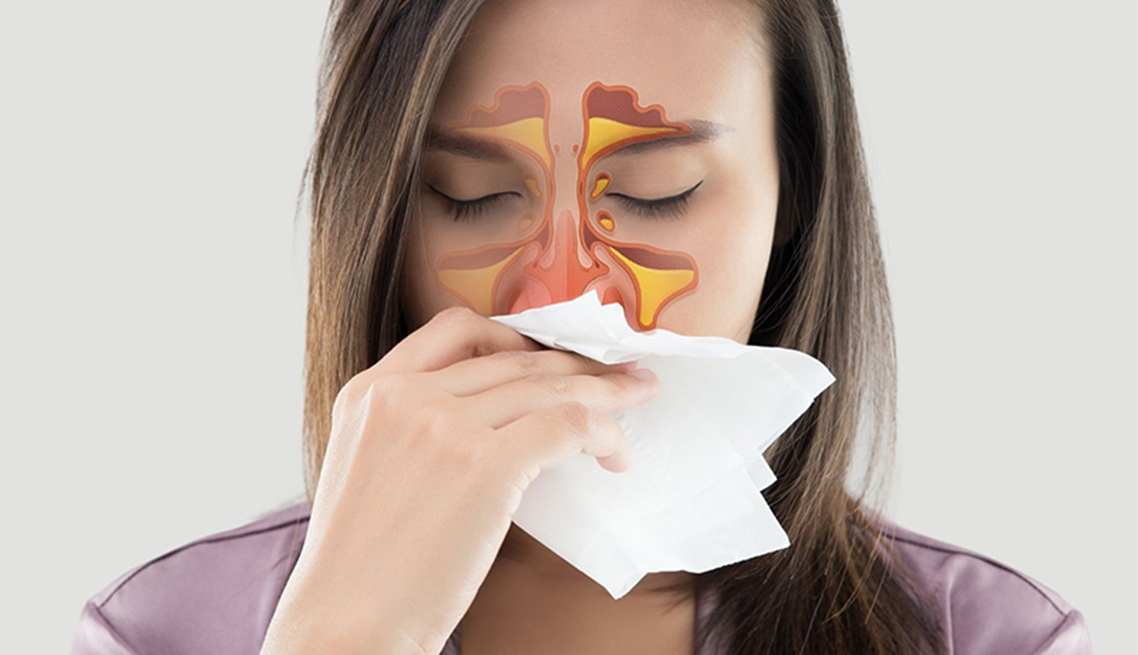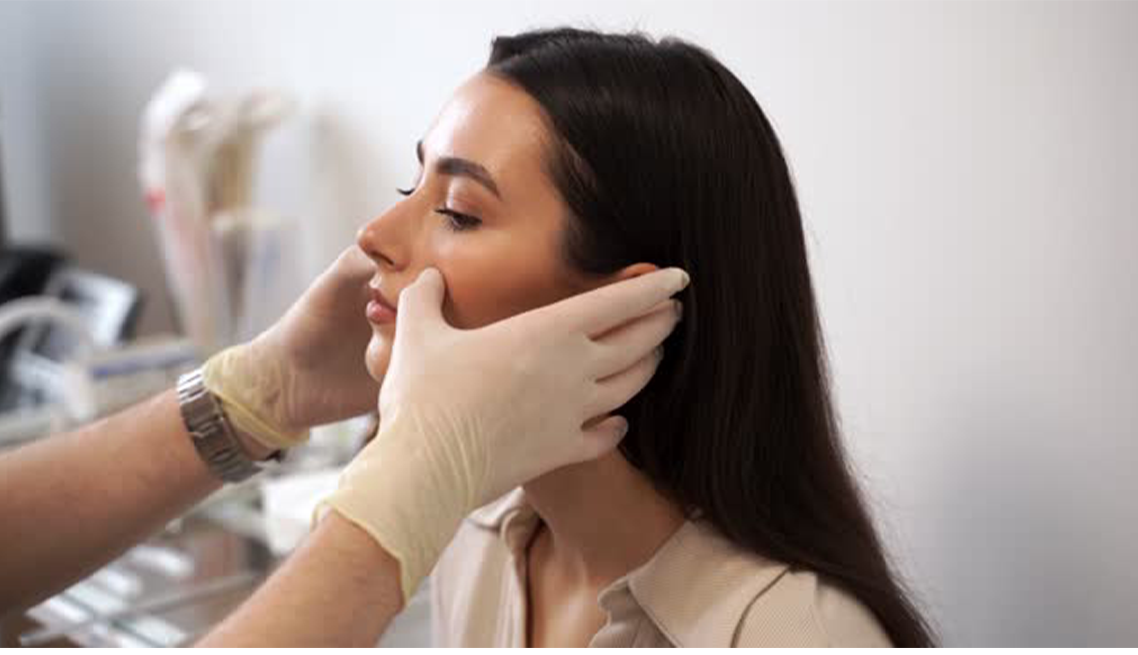Sinusitis Treatments:
Sinusitis, also known as a sinus infection, can be treated with various methods depending on whether it’s acute or chronic, and whether it’s caused by bacteria, viruses, or allergies. Here are some common treatments:
For Acute Sinusitis:
Rest and Hydration:
- Rest helps your body fight the infection.
- Drinking plenty of fluids helps thin the mucus.
Over-the-Counter (OTC) Medications:
- Pain Relievers: Acetaminophen or ibuprofen can reduce pain and fever.
- Decongestants: These can help relieve nasal congestion (e.g., pseudoephedrine, phenylephrine).
- Antihistamines: Useful if allergies are causing sinusitis (e.g., loratadine, cetirizine).
Nasal Irrigation:
- Using a saline solution can help clear mucus and allergens from your nasal passages. Neti pots or saline nasal sprays are common options.
Nasal Corticosteroids:
- These sprays help reduce inflammation in the nasal passages (e.g., fluticasone, budesonide).
For Chronic Sinusitis:
Nasal Corticosteroids:
- Long-term use can help manage chronic inflammation.
Nasal Irrigation:
- Regular use of saline nasal rinses can keep nasal passages clear.
Oral or Injected Corticosteroids:
- For severe inflammation, oral or injected corticosteroids may be necessary.
Antibiotics:
- If a bacterial infection is present, a course of antibiotics may be prescribed. This is usually reserved for severe or persistent cases.
Immunotherapy:
- If allergies are contributing to chronic sinusitis, allergy shots (immunotherapy) may help reduce symptoms over time.
Surgery:
- In cases where sinusitis does not respond to other treatments, functional endoscopic sinus surgery (FESS) may be considered to improve drainage and remove obstructions.
Home Remedies:
- Warm Compresses: Applying warm compresses to the face can help relieve sinus pain.
- Humidifiers: Adding moisture to the air can help keep your nasal passages from drying out.
- Elevating Your Head: Sleeping with your head elevated can help sinuses drain more easily.
When to See a Doctor:
- Symptoms last more than 10 days without improvement.
- Severe symptoms such as high fever, swelling around the eyes, severe headache, or vision changes.
- Recurrent episodes of sinusitis.
Consulting with a healthcare provider is important to determine the most appropriate treatment based on the specific cause and severity of your sinusitis.


